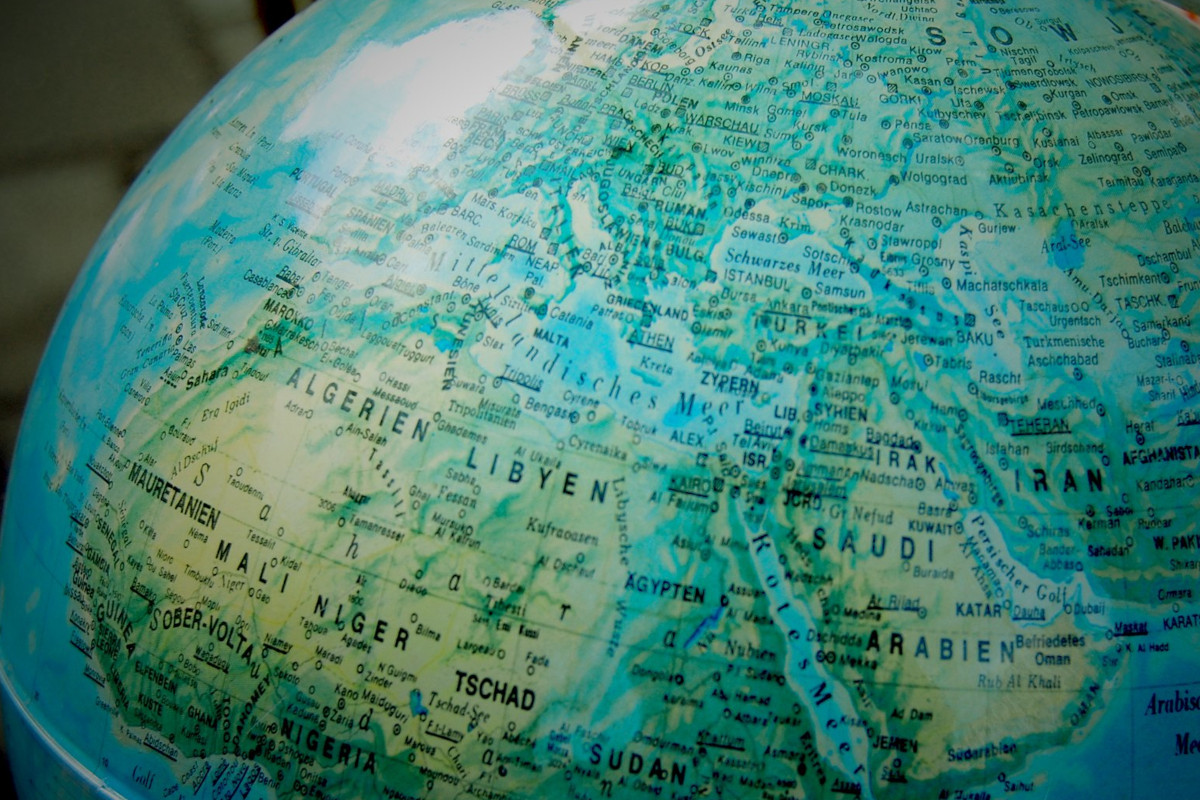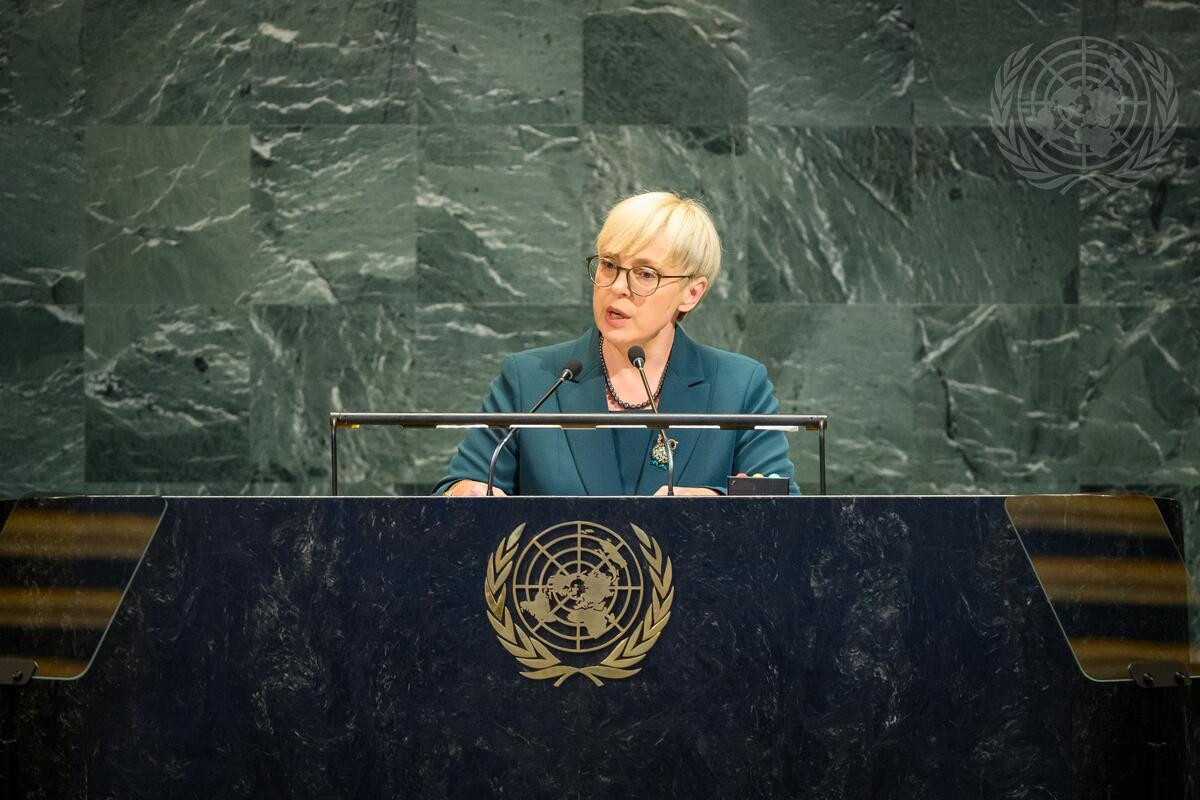Franco-British "one in, one out" deal condemned as absurd and dangerous
Topic
Country/Region
08 October 2025
British and French organisations, including Statewatch, have denounced the "one in, one out" deal between the French and British governments. The deal is ostensibly aimed at limiting unauthorised migration across the Channel/La Manche. The statement, published in Le Monde, highlights the dangerous consequences for migrants' rights.
Support our work: become a Friend of Statewatch from as little as £1/€1 per month.
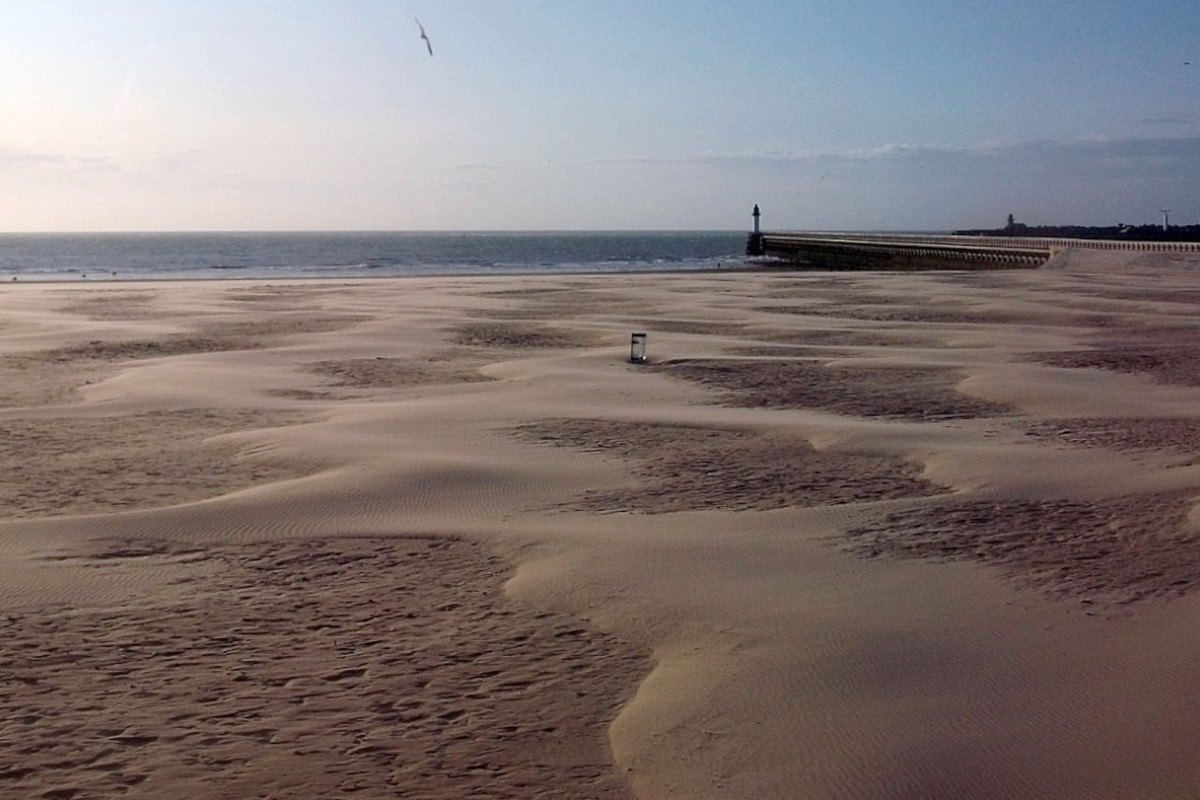
The beach in Calais. Image: Miles Newman, CC BY-NC 2.0
An absurd and dangerous agreement
On 10 July 2025, in London, during the 37th Franco-British summit, Emmanuel Macron and Keir Starmer announced a measure renamed by the British press as ‘one in, one out’.
Presented as a ‘legal and safe route,’ this agreement actually reduces human journeys to an accounting operation. People in exile are no longer seen as subjects of rights, with their vulnerability and uniqueness, but as interchangeable units in a political game.
For every person returned to France after attempting to reach the English coast in a ‘small boat’ across the Channel, another person, selected in France, will be able to enter the United Kingdom on a visa. In other words, the two governments are establishing a controlled exchange system, where each irregular arrival is offset by a so-called ‘legal’ entry. This mechanism transforms the right to asylum into a bargaining chip, reinforces the externalisation of borders and tramples on the very essence of the Geneva Convention relating to the status of refugees.
The principles of asylum rights violated
This mechanism represents a profound break with the spirit of asylum law and international conventions. Under the ‘one in, one out’ policy, the right to seek protection from persecution is conditional on the deportation of another person, who may also be in need of protection. As a result, people who have fled countries such as Sudan, Afghanistan, Syria and Eritrea are criminalised, detained in the United Kingdom and then sent back to France, with no visibility on their future. This absurd logic transforms a fundamental right into a crime and the duty of protection into police management.
An illegal and unworkable device
To be ‘eligible’ to enter British territory, individuals must meet a number of criteria that are inapplicable to their situation. A telling example, although not a deal-breaker, is the ‘prioritisation’ of individuals who have already spent six consecutive months in the United Kingdom, in a regular administrative situation and within the last five years. This is blatantly absurd, not to mention the administrative burden of the process and the need for documents, which prevents families from applying for this system. Throughout this procedure, no protection is guaranteed in France: no status, no rights, no accommodation and a constant threat of arrest and deportation. And ultimately, arrival in the United Kingdom is determined by an arbitrary lottery, and for the lucky ones, a three-month visa with no possibility of working. Unaccompanied minors, meanwhile, are excluded from the scheme and left without any safe passage, exposed to increased risks, just like stateless persons.
An agreement that worsens the Dublin trap
Added to this is the Dublin Regulation, which traps exiles in a dead end: they can only apply for asylum in the first European country where their fingerprints were taken, where reception conditions are often appalling and where there is no future. For the persons under the ‘Dublin’ procedure, the United Kingdom becomes the only escape from this trap. But the ‘One in, One out’ agreement also closes this door: it excludes anyone who has already sought asylum elsewhere in Europe. The lockdown is total: deport on one side, block on the other, refusal everywhere. Therefore, the only one option left is the most dangerous one: crossing the Channel. A woman and two children died a few weeks ago, and last week we learned of the discovery of another body in the port of Dunkirk. This is where Dublin and ‘One in, One out’ lead: to avoidable tragedies, the consequences of political choices.
A political and moral failure
This policy persists not because it works, but because it serves the electoral interests of successive governments on both sides of the Channel. It is easier to stir up fears, portray foreigners as a threat and display a false firmness than to undertake a profound reform of the conditions under which migrants are received to respect their fundamental rights. And yet such reform would be less costly and would prevent human beings from suffocating to death in lorries, drowning in the Channel or perishing in overcrowded makeshift boats. Blaming exiles wins votes and fuels careers, even as lives are sacrificed. This deliberate choice of the easy option and deception is a political, social and moral failure.
We denounce
We, associations and individuals working in solidarity at the French-British border, denounce this cynical bargaining with human lives. We refuse to allow the right to asylum to be turned into a lottery, where decisions are made about who will be protected and who will be rejected. We refuse that, in the name of a so-called “safe pathway”, deportations be legalized, destitution organized, and arbitrariness normalized.
The only safe route is one that respects, without compromise, the dignity and fundamental rights of all. The right to asylum is inalienable: it must be guaranteed, not negotiated.
Our work is only possible with your support.
Become a Friend of Statewatch from as little as £1/€1 per month.
Further reading
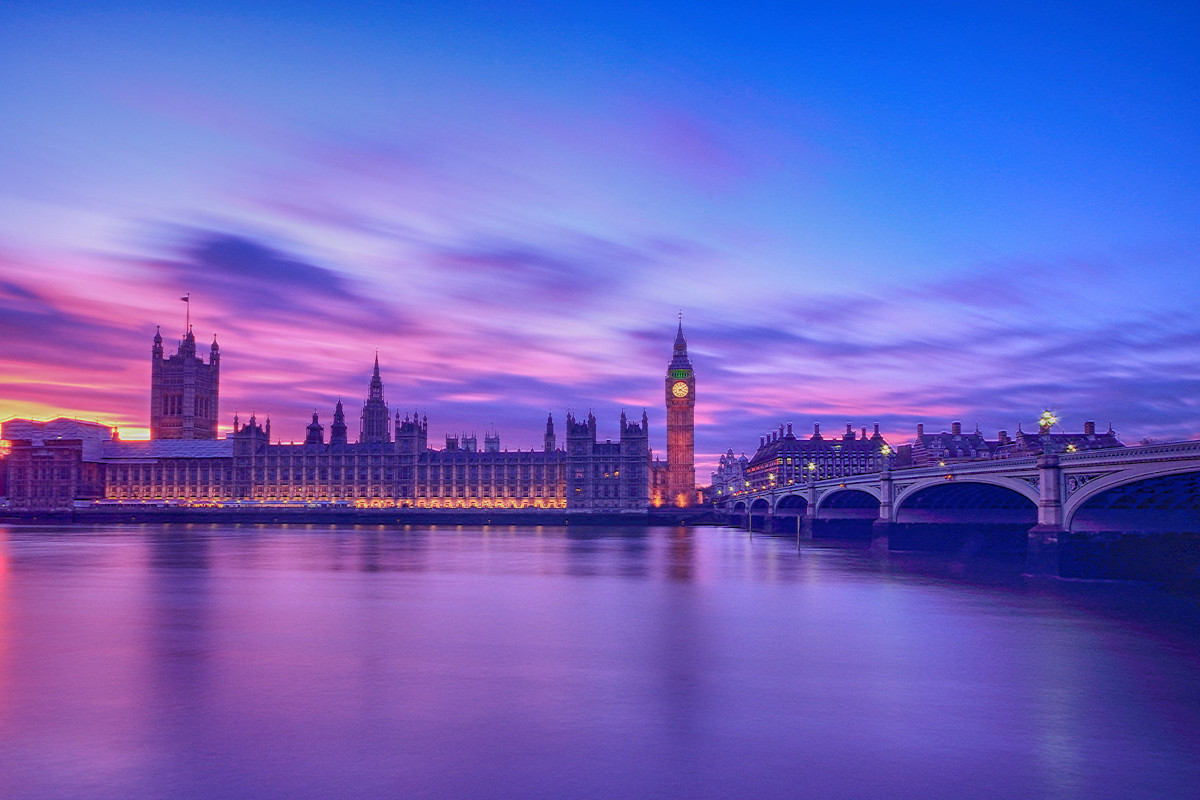
UK: More than 200 organisations sign open letter in response to anti-refugee protests
More than 200 refugee organisations, charities, trade unions and more have signed an open letter to party leaders today condemning the anti-refugee protests that took place across the weekend. Statewatch is a signatory to the letter.

Germany and UK unveil new joint action plan on Channel migration
A new action plan on irregular migration is being agreed between the UK and Germany today. A document summarising the plan, obtained by Statewatch, says it marks a joint “commitment to secure borders” that will involve increased political and police cooperation. The plan is to be adopted at a meeting of the Calais Group, made up of Belgium, France, Germany, the Netherlands and the UK.
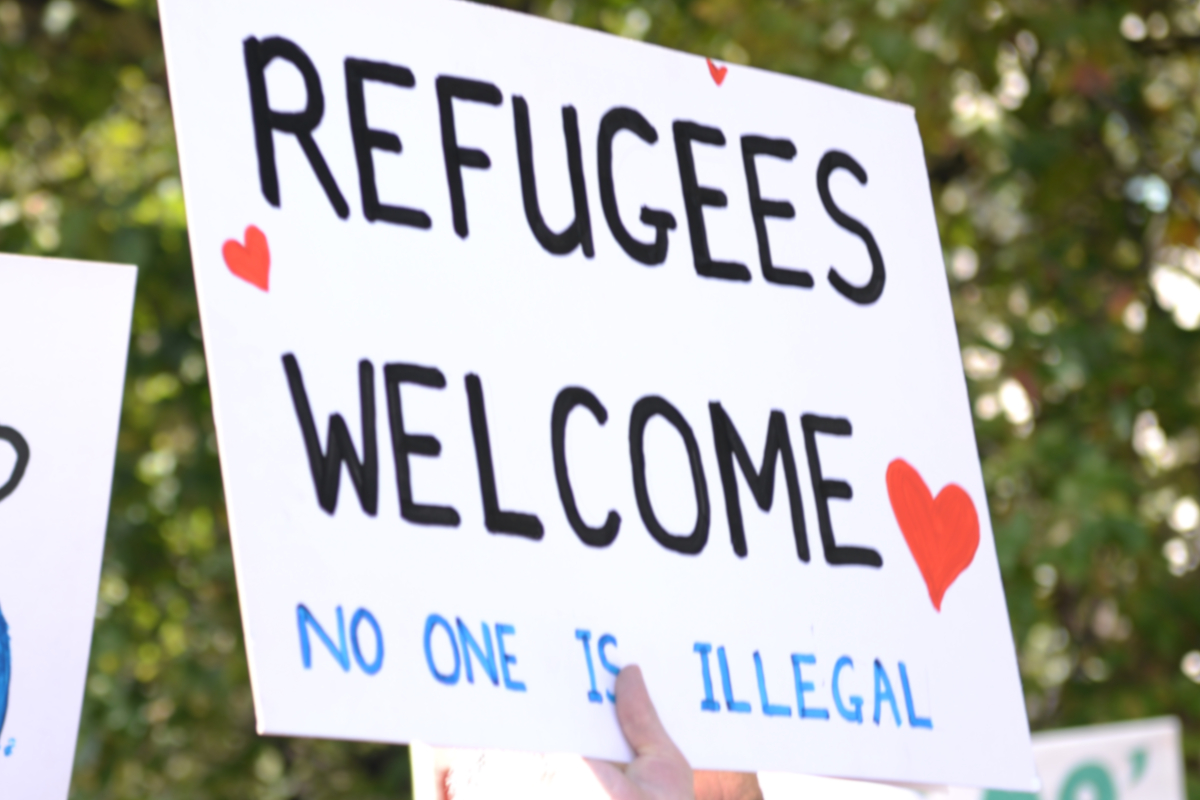
UK: Joint civil society solidarity statement on the Illegal Migration Bill
Alongside 174 other organisations, we condemn the Illegal Migration Bill and call on all parliamentarians to reject it. The Bill faces its second reading in the House of Lords today.
Spotted an error? If you've spotted a problem with this page, just click once to let us know.
